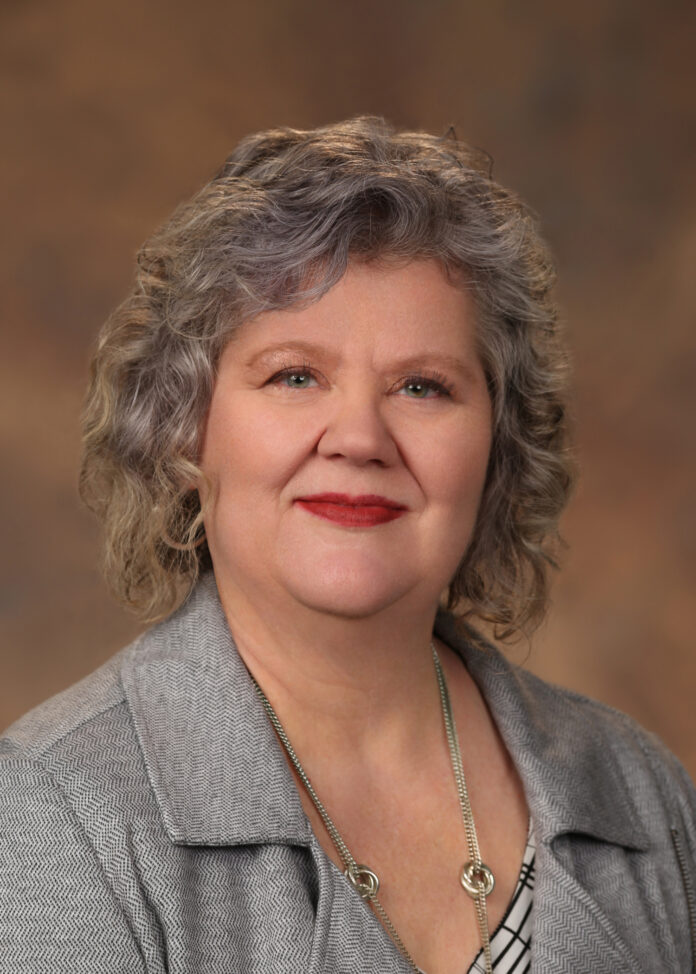
By Carol A. Cates, MSN, MBA, RN
Chief Nursing Officer
Odessa Regional Medical Center
April used to be Autism Awareness Month, but last year, the Autism Society of American decided to change that designation to Autism Acceptance Month. They made the change because in the words of their President and CEO, “awareness is knowing someone has autism, acceptance is when you include someone with autism in your activities and help them develop in the community and gain a sense of connection to others.” I just love that change because it is very targeted at moving awareness to action. It made me think of many other health care related topics, for instance smoking. I doubt there are many people who aren’t aware that smoking is bad for their health, yet the action of quitting smoking is an entirely different thing, it’s much, much more easily said than done. There are so many things like smoking that are like that: weight loss, diabetes management, heart disease risk management, the list is long, and with every single one of those things it is very hard to convert awareness to action. I really hope that with Autism the road from awareness to acceptance is not nearly as difficult as the journey people take when they do decide to quite smoking, but unfortunately, because this is so much to do with societal comfort and perceptions, I worry it will be just as difficult.
About 1 in 44 children in the US today are on the Autism spectrum and more than 2% of adults are estimated to have some form of Autism. Autism is a developmental disorder that changes how people behave, communicate, learn, and interact with others. It can range from mild to severe. Autism is 4 times more common in boys than girls, and it occurs equally across all racial, ethnic, and socioeconomic groups. Autism is not generally accompanied by physical changes, so people with autism “look” like everyone else.
Despite the hype, no one really knows why people develop autism. The vaccine myth is exactly that, a myth. The research that is brought up with the vaccine myth has been debunked many, many times in the US and overseas by multiple researchers. The person who did that original research has even admitted that he did not publishing accurate data, yet that myth continues. There may be a genetic link, there may be a link to environmental contaminants like heavy metals, but no one really knows. Most experts believe that Autism is not caused by one thing, but several things that act together in a “perfect storm” of sorts. We do know there are some risk factors for Autism: having a sibling with Autism, having some genetic or chromosomal conditions like fragile X or tuberous sclerosis, having had birth complications, or being born to older parents. The Centers for Disease Control and Prevention (CDC) is currently conducting one of the largest studies in history, called the Study to Explore Early Development (SEED), which is looking for risk factors and behaviors that relate to Autism.
Symptoms of autism are broad and often difficult to pinpoint because people without Autism can also have these symptoms. But generally, people with Autism have problems with social communication and interaction. They may have restricted or repetitive behaviors or interests that seem unusual and/or delayed language skills, movement skills, or learning skills. They may have unusual mood or emotional responses. If you are concerned that someone in your life may have Autism, the CDC has some really good information on Autism on their website at https://www.cdc.gov/ncbddd/autism/facts.html including information on finding resources for everything from diagnosis to treatment. As with most things, early treatment makes a big difference, so please speak to your primary healthcare provider if you are concerned about Autism as soon as you can.
As I said earlier, April is no longer just about awareness with Autism, its about acceptance. Please consider some ways you can help accept those with Autism in our community. There are many ways to help, from inclusivity in activities like music and sports that are so prevalent in our community with our kids, to inclusivity in employment in our workplaces and social gatherings as adults. The Autism society of America also has may ways for you to become involved in acceptance on their website at https://autismsociety.org/



